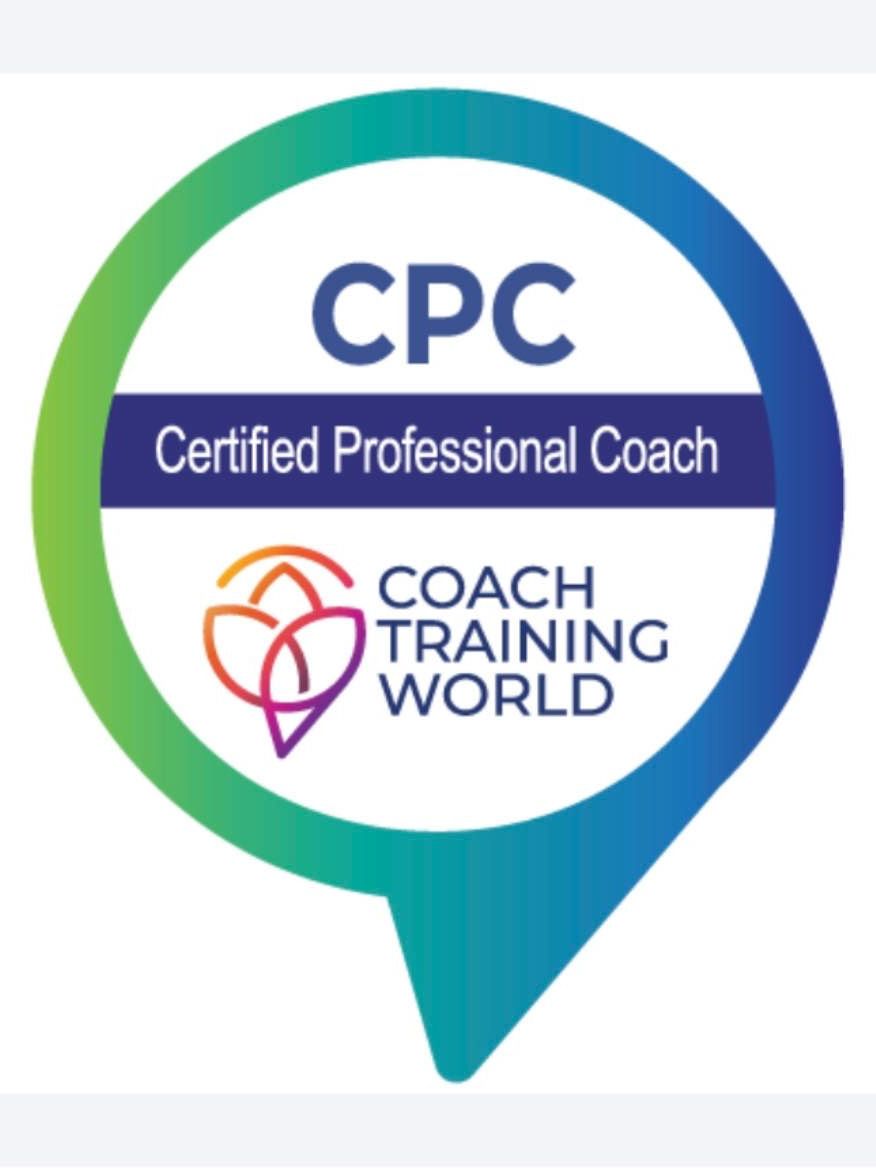Calculated Absence
The Power of Calculated Absence in Cultivating Intimacy
Intimacy in relationships isn’t just about closeness—sometimes, it’s about space. It may seem counterintuitive, but creating intentional distance, or “calculated absence,” can deepen emotional and physical connections. This isn’t about playing games or testing your partner’s loyalty. Instead, it’s a mindful approach to nurturing individuality, rediscovering personal value, and fostering a more fulfilling connection in the relationship.
What Is Calculated Absence?
Calculated absence is the deliberate practice of taking time apart to focus on yourself, your passions, and your needs. It isn’t about neglect or detachment but about creating opportunities for self-growth and reflection. This space allows you to return to your partner more present, emotionally available, and invested.
Think of it like a fire: too much closeness can smother the flame, but the right amount of air keeps it burning brightly.
Why Absence Matters in Intimacy
When we’re constantly enmeshed with our partners, we risk losing sight of our individuality. This can lead to resentment, stagnation, or even an erosion of attraction. By intentionally creating moments of absence, you allow for:
1. Reigniting Desire: Distance can spark longing and remind your partner of your uniqueness. It reignites the mystery and excitement often dulled by routine.
2. Rediscovering Yourself: Time alone lets you reconnect with your values, goals, and passions. This personal growth translates into a more enriched connection when you’re together.
3. Cultivating Appreciation: Absence creates room for gratitude. It reminds both partners not to take each other for granted, as the absence highlights the value of presence.
How to Use Calculated Absence in Your Relationship
1. Communicate Clearly: Be transparent with your partner about your intentions. Explain that this is about self-growth and nurturing the relationship, not avoidance or withdrawal.
2. Set Intentions: Use the time to explore hobbies, connect with friends, or practice self-care. This isn’t about creating emotional distance but about investing in yourself.
3. Practice “The Pause”: When conflicts arise, stepping away briefly before responding can prevent reactive arguments and allow for a more thoughtful approach.
4. Reunite With Purpose: When you return to your partner, be intentional about reconnecting. Share what you learned or experienced during your time apart.
Intimacy Beyond Closeness
Intimacy isn’t about constant proximity; it’s about connection. By incorporating calculated absence into your relationship, you foster a sense of balance that allows both partners to thrive individually and together.
In the end, calculated absence isn’t a sign of weakness or distance in your relationship—it’s a tool for growth, a practice in mindfulness, and an invitation to love deeper, not harder
I understand that this might be a new concept for many, I wanted to include an example as to how I have incorporated the 'calculated absence' into my coaching.
Client example
"Mary" came to me feeling overwhelmed. She and her partner loved each other deeply, but she struggled with guilt anytime she needed space for herself. She believed that denying intimacy—even briefly—meant she was failing as a partner. “Isn’t a strong relationship about always being there for each other?” she asked.
Mary's guilt had led her to suppress her own needs to keep the peace, but over time, she felt drained and disconnected. She worried that her feelings of exhaustion might push her partner away, creating a cycle she didn’t know how to break.
In our sessions, I introduced the idea of calculated absence, explaining that intimacy doesn’t mean constant proximity. Rather, it thrives when both partners feel valued as individuals. I shared one of my favorite mottos: “Practice the pause.” I explained that just like in conversations, where a thoughtful pause can prevent reactive words, a pause in togetherness can be a moment of clarity, allowing space for deeper connection.
At first, Mary was reluctant. She worried her partner might feel rejected or interpret her need for space as disinterest. But with guidance, she started small, carving out moments of intentional absence. She explained to her partner that her goal was to use this time to recharge so she could show up more present and engaged.
To her surprise, her partner embraced the idea. He shared that he, too, had been craving moments to focus on himself but had been unsure how to express it without seeming distant.
Mary began practicing the pause by setting aside time for herself each week. She used these moments to journal, take yoga classes, or sit quietly with her thoughts. What shifted wasn’t just her energy but her mindset. The guilt she once associated with needing space began to fade as she saw how this intentional time apart strengthened their connection.
When she returned to her partner after these pauses, she felt lighter, more grounded, and emotionally available. Their intimacy no longer felt like a box to check—it became something organic and fulfilling. She shared with me that her partner admitted that the time to focus on himself had allowed him to feel more connected to her than ever before.
Mary’s story is a powerful reminder that pausing isn’t a weakness—it’s a strength. In relationships, creating space to honor your individuality isn’t denying intimacy; it’s nurturing it.
*clients name was changed to respect privacy*













